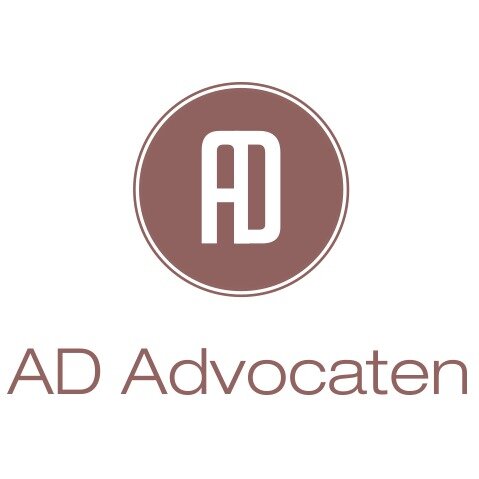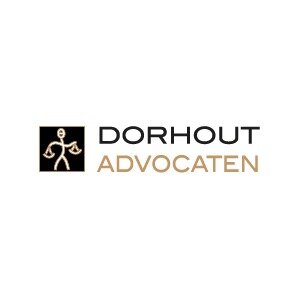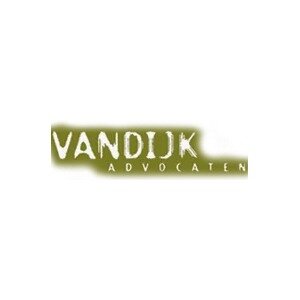Best Due Diligence Lawyers in Netherlands
Share your needs with us, get contacted by law firms.
Free. Takes 2 min.
Or refine your search by selecting a city:
List of the best lawyers in Netherlands
About Due Diligence Law in Netherlands
Due diligence in the Netherlands refers to a comprehensive appraisal of a business that a potential buyer undertakes to understand the assets, liabilities, and overall commercial potential of the business in question. This process is essential in mergers and acquisitions, real estate transactions, and various other business dealings to ensure that financial, legal, and operational risks are identified and managed effectively. Dutch law mandates certain due diligence processes, which aim to protect investors and ensure the integrity of business procedures.
Why You May Need a Lawyer
There are several scenarios where seeking legal advice in due diligence becomes crucial. This includes, but is not limited to, mergers and acquisitions, entering into joint ventures, significant real estate investments, and situations where extensive regulatory compliance is required. A lawyer can provide insights on potential liabilities, assist in the negotiation process, draft and review contracts, and ensure compliance with local laws and regulations, thereby mitigating potential risks.
Local Laws Overview
The Netherlands has specific regulations concerning due diligence that are largely influenced by EU directives. Key aspects include compliance with corporate governance standards, financial transparency, anti-money laundering laws, and environmental regulations. Companies must ensure proper verification of financial records, intellectual property rights, compliance with industry regulations, and employment matters. Additionally, the Dutch Civil Code and various sector-specific laws provide the legal framework within which due diligence is conducted.
Frequently Asked Questions
What does due diligence typically involve in the Netherlands?
Due diligence usually involves examining financial records, legal entitlements, commercial contracts, tax records, intellectual property, and compliance with regulatory requirements, among other areas.
Is due diligence mandatory in all business transactions?
While not legally mandatory in all cases, performing due diligence is highly recommended for assessing the risks involved in any significant business transactions.
Who conducts due diligence?
Due diligence is typically conducted by lawyers, accountants, and auditors who specialize in assessing various dimensions of the business in question.
How long does the due diligence process take?
The duration of due diligence varies depending on the size and complexity of the transaction but generally ranges from a few weeks to several months.
What are the common issues identified during due diligence?
Common issues include undisclosed financial liabilities, litigation risks, intellectual property disputes, regulatory non-compliance, and issues concerning employee contracts.
How much does legal assistance in due diligence cost?
Costs can vary significantly based on the scope of the due diligence, the firm's complexity, and the professional fees of the legal advisors engaged.
Can due diligence results affect the terms of a business deal?
Yes, the findings from due diligence can lead to renegotiation of terms, alteration of transaction prices, or even termination of the deal.
What are the legal consequences of failing to perform due diligence?
Failing to complete due diligence can lead to financial losses, legal liabilities, and reputational damage stemming from undiscovered risks.
What is vendor due diligence?
Vendor due diligence refers to a process where the seller conducts due diligence on their own business to ensure any potential buyer has an accurate assessment, which helps to speed up transaction processes.
Is environmental due diligence important in the Netherlands?
Yes, environmental due diligence is critical, especially for transactions involving real estate and industrial operations, due to stringent Dutch and EU environmental regulations.
Additional Resources
Those seeking legal assistance in due diligence can turn to several resources, including the Netherlands Bar Association, the Dutch Chamber of Commerce, and the Authority for the Financial Markets. These bodies provide guidelines and resources that may assist in understanding legal requirements and best practices.
Next Steps
If you need legal assistance with due diligence, consider consulting with a lawyer specializing in corporate law or mergers and acquisitions. Start by gathering relevant documents related to the transaction and prepare a list of questions or concerns you may have. This will help you assess the specific areas where you require professional advice. Engage with a law firm that has expertise in your particular area of interest and ensure they provide a comprehensive plan that addresses all potential risks and compliance requirements.
Lawzana helps you find the best lawyers and law firms in Netherlands through a curated and pre-screened list of qualified legal professionals. Our platform offers rankings and detailed profiles of attorneys and law firms, allowing you to compare based on practice areas, including Due Diligence, experience, and client feedback.
Each profile includes a description of the firm's areas of practice, client reviews, team members and partners, year of establishment, spoken languages, office locations, contact information, social media presence, and any published articles or resources. Most firms on our platform speak English and are experienced in both local and international legal matters.
Get a quote from top-rated law firms in Netherlands — quickly, securely, and without unnecessary hassle.
Disclaimer:
The information provided on this page is for general informational purposes only and does not constitute legal advice. While we strive to ensure the accuracy and relevance of the content, legal information may change over time, and interpretations of the law can vary. You should always consult with a qualified legal professional for advice specific to your situation.
We disclaim all liability for actions taken or not taken based on the content of this page. If you believe any information is incorrect or outdated, please contact us, and we will review and update it where appropriate.
Browse due diligence law firms by city in Netherlands
Refine your search by selecting a city.

















